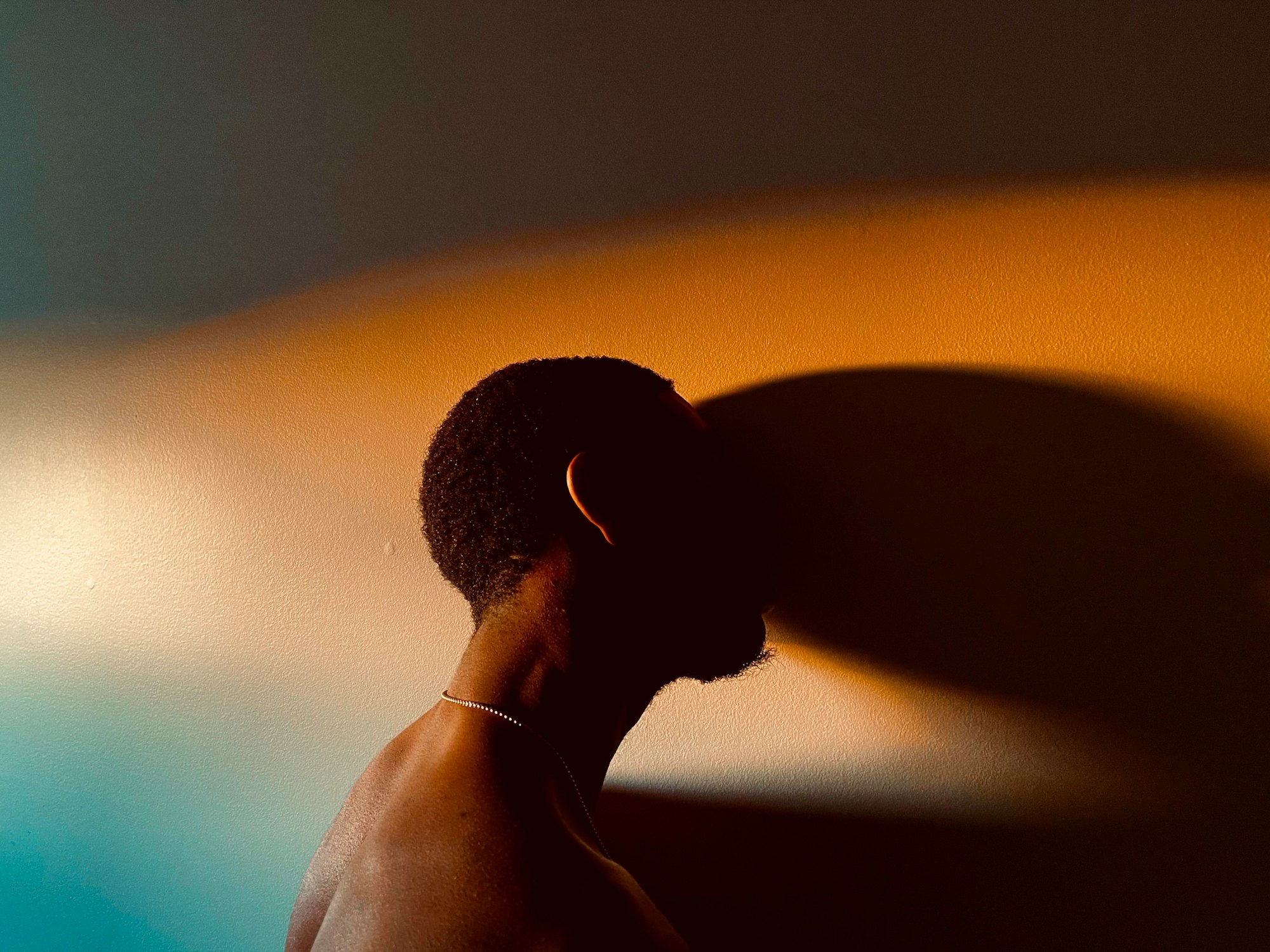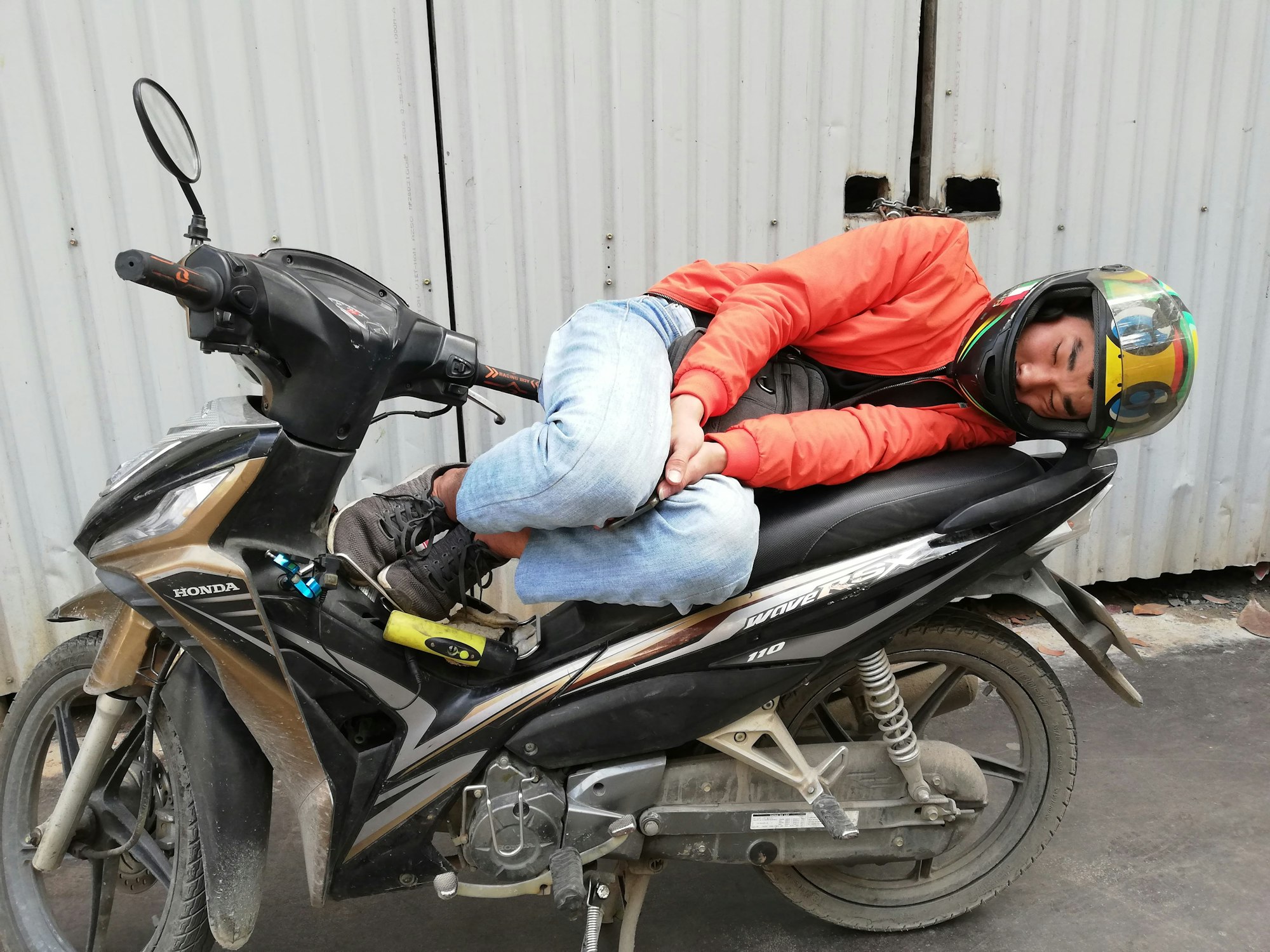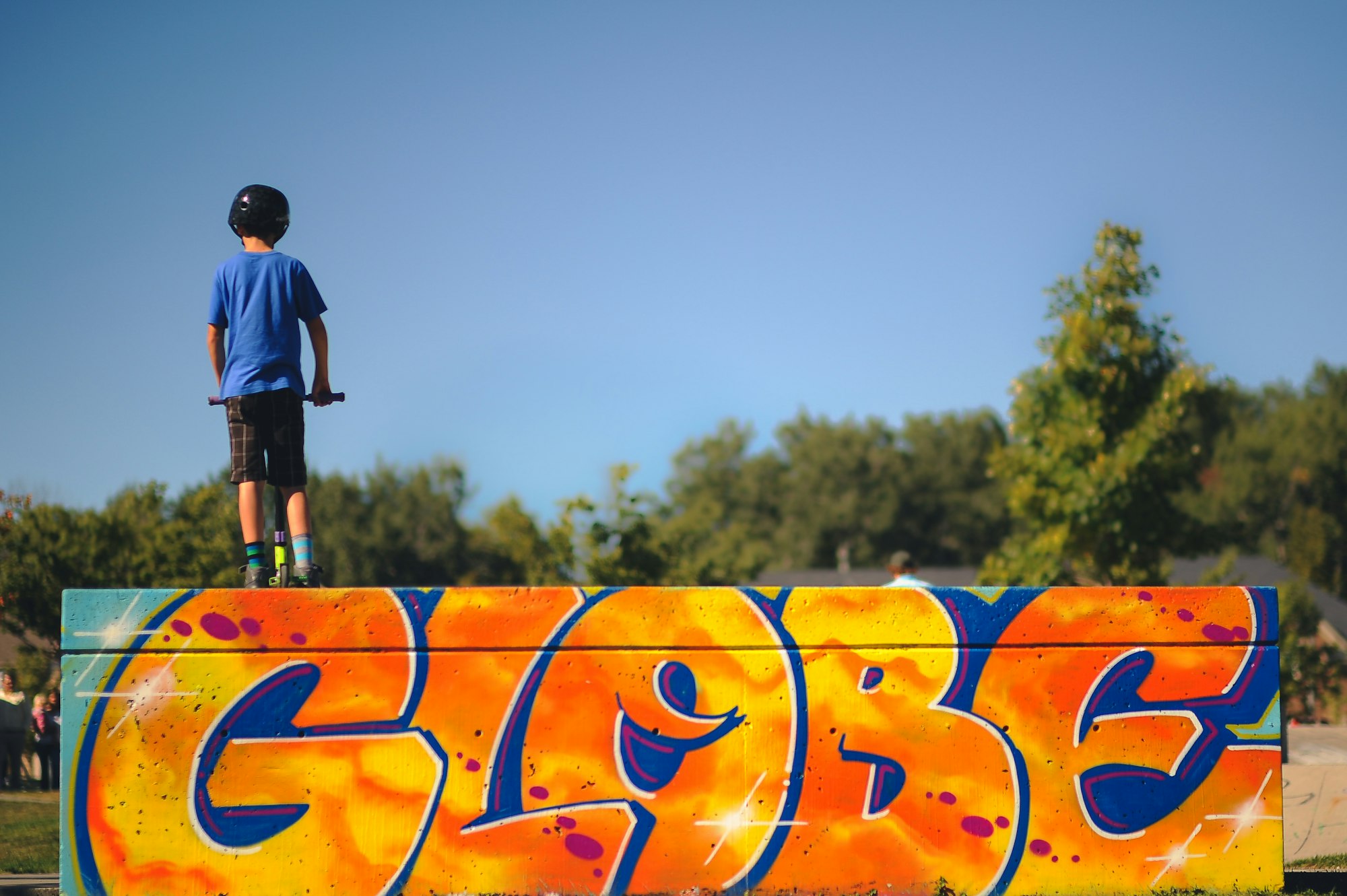
A meditation on the inner voice, its purpose and ways to dance with it
Unless we're a feral child, there are internal voices in all of us. They are the buttons our parents or guardians installed, largely handed down from their parents or guardians. Those voices have a sacred purpose. Self-doubts, which are natural, are the balance to arrogance.
Humility, which can and should ideally be steeped in a thoughtful self-assessment (I'm not all that) is the antidote to hubris. We are short on both, so in some cases the inner voices are really necessary.
The negative critical talk, such as "I'm stupid, fat and ugly" the Three Crimes of our humanity, can be crippling. I grew up believing these things, and as a victim of incest, my self-worth was further damaged by the assault. Once such an incident preys on the young mind, the societal message that even very young girls are sexually precocious underscores the guilt and self-loathing.
That's a whole other topic, but suffice it to say that when and if I (the universal I) ever reach the point where I understand that the Voices inside my head didn't come from me, but from other damaged people, then I have the beginning of a way out.
Again, I have to develop self-awareness so that I can even identify the voices in the first place, and that takes some work to parce out the messages. When a thought arises, such as "you fat ugly pig," when I look in a mirror, do I question where on earth that came from? Or do I take the thought as gospel, at face value, as Absolute Truth?
This is also Deep Work and developing mindfulness. If I am unable to tease out the lies I tell myself, then I can hardly rewrite my script. Organized religion is a huge player in this, having found that shame does a fine job of silencing, manipulating and driving people to do their bidding.
Sadly, shame doesn't result in healthier behaviors; rather than the kind of useful remorse we rightfully should feel after having done something wrong or unkind- especially to ourselves- we instead drown our sorrows in booze or boxes of chocolate or a great smorgasbord of temptations to distract us from our self-hatred.

So when the thought comes that "I'm tired," which is normal, and far more innocent, how do I dance with that? For my part, tiredness can be mental, which is vastly different from the physical tiredness of having done an eight-mile training hike (I am planning to do Kilimanjaro again next year). That requires a challenge.
Am I willing to walk around inside my body and ask that question? Am I legitimately tired due to physical labor, or am I mentally tired, which can be reinvigorated by a trip downstairs to my gym, doing a few or more pushups, slapping my dumbbells into my palms and getting the blood going?
This goes back to the mindfulness question. How inside my body am I? How in touch with my physical self am I?
When I operate solely at the superficial level when it comes to my urges (I'm hungry, tired, thirsty, need a drink) then I am completely at the mercy of them. If, instead, I start to explore the sensation: am I really hungry or thirsty? Am I feeding my anxiousness or am I genuinely hungry? And if so, for what?
The mind is an anarchist, it wants what it thinks it wants, and it often doesn't wish to be monitored or controlled by a more thoughtful regulator. If I believe, as my father did, than a highball at five o'clock or two or four will soothe the pressures of the day, then my mind, being the dictator that it is, will work overtime to justify that action in order to be right.
Learning to challenge the feeling, the hunger rumbles, the sense of tiredness, is the beginning of the conversation. We are always and forever in conversation with the physical body, but we are largely unaware of the language it speaks. We ignore symptoms to our peril, we feed it crap and expect it to manufacture healthy new cells with particle board instead of cedar.
We feed our fears and anxieties with comfort food instead of asking the far harder questions of what my unique, one-of-a-kind body needs to be at optimal health. Sometimes that means to fast for a bit. For me, I can succumb to laziness and nap when what I really and truly need is a brisk walk around my neighborhood.
All of this speaks to the ability to live in the question. We don't know much, not really, and we don't know that we don't know, and we also resist the idea that we are largely functionally clueless about ourselves, our bodies and our minds.
If you were to ask one hundred people if they are conscious, they would likely argue strenuously that of course they are. Then they would glue their noses back to their devices and not even recall having had the conversation.
This is who and where we are right now.
Self-doubt, and I dance with it all the time, can have deeply healthy outcomes. To that: when I first planned to summit Kilimanjaro in 2013, I was beset by doubts that I could do it. That led me to throw my heart into training, which I took on with my legendary military discipline. I turned my body into a machine by the end of seven months. THAT kind of self-doubt, where we don't allow our hubris about our ability to override common sense, is rather valuable.
Compare that to the American man on a recent Kili climb who, when asked by a fellow climber from Austria ( a man I was interviewing later) about his preparation, said "Well I did a little Stairmaster." It boggles the mind. THAT is mindless, and it is also very widespread.
So on one hand, when self-doubt causes us to be careful about what we claim, to take life's challenges seriously and to prepare if not over-prepare, that's healthy. Where it's crippling is at the other end.
To that: there is a Facebook thread of over-fifty women who are traveling solo. Hell, I started traveling solo at sixteen. For some of those women who comment on the site, they reveal that they can only armchair travel. Their self-doubt is so crippling that they can't even imagine taking a solo drive to somewhere nearby, much less toss on a backpack and go gorilla viewing in Uganda.
Again, when such thoughts arise, the challenge is to beg the question of the thought. Where on earth did I EVER get the idea that I wasn't competent? Who told me that? And how on earth is that any kind of messaging? As with all evil, and I consider such thoughts evil for they suck the life out of us, we have to follow the money.
Who benefits if I live a life of fear? Who profits when I live small? Who stands on the naked bones of my life's potential when I give up all my joy and happiness and live out my life in a recliner, watching other folks live?
Someone does. The question then is, what would it take for me to locate my socks and starting walking around the living room? What would it take for me to locate a friend to go walking with?
At each juncture, what would it take for me to challenge the thought: But I couldn't possibly do that! Living in the question, in the not-knowing, is all about being willing to question foolish beliefs about ourselves, about aging, all the -isms we lay at the feet of our fellow humans.
Honestly, if I followed the advice of all those folks who told me not to try Kilimanjaro at sixty, I wouldn't have tens of thousands of badass, hilarious and life-affirming stories from all over the world, doing what others dream about but never do.
The question, the wiser one, should we install what I call a "relevancy challenge" to a limiting idea or belief, is where on earth did THAT come from? And who said I can't do this? Maybe not right now. But I probably can if I am willing to train myself.
"Who benefits" when I play small is an immensely powerful question.
Everyone I know who is a high achiever is beset by ankle biters and folks who can't wait to tear them down. That's why my personal muse is Beryl Markham, who paid a stupendous price for being first in so many things. However, if I am willing to take the risk of censure, not only do I rewrite the internal dialogue (and I am a multiple sexual assault survivor and the victim of a serial rapist of a senior officer in the military) about my value, my competence and my capability.
Still, I have to take the first step, which is often to challenge where on earth that thought originated. I cannot be so constantly distracted I don't possess the wherewithal to ask the hard questions of who benefits when I play small.
That is why it serves society in so many ways to keep us mindlessly distracted. We stop asking hard questions, and we don't develop critical thinking most particularly about ourselves.
To my Saga Readers: what methods do you use to challenge the internal voice? How do you negotiate with the limiting fears, self-doubts and inevitable questions which challenge your sense of your own value?

Dear Walkabout Saga Reader:
If my work appeals to you, may I kindly invite you to consider joining those Patreon supporters whose generosity keeps the gas in my tank as it were. Those supporters get to dictate my content calendar, we engage as a community, and this website and its content acts in service to our collective best selves.
You can explore that option here.
However you decide to partake of my writing, thank you.
Comments powered by Talkyard.